How King Charles and Prince Andrew’s relationship fell apart
As a child, Charles doted on Andrew. Now he has cut off his sibling financially. Was the rivalry between the heir and the Queen’s favourite destined to end in daggers drawn?
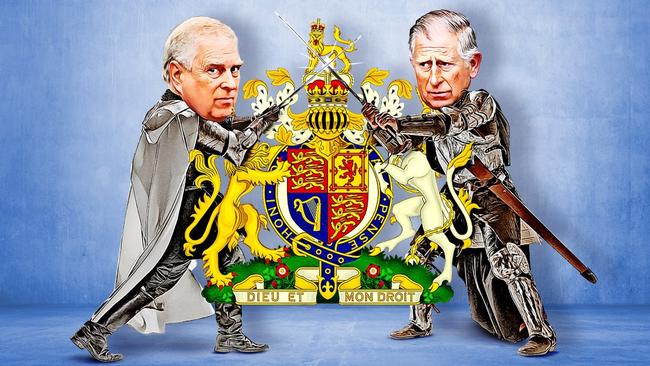
Sixty-four years ago, Charles Philip Arthur George Windsor was pretending to be the most doomed monarch in British history when he learnt that Andrew, his brother, had been born. On February 19, 1960, the 11-year-old Charles was playing the role of Richard, Duke of Gloucester, in a Cheam school production of The Last Baron, a play written by one of the staff.
According to the school paper, the young prince’s Gloucester “conveyed the ambition and bitterness of the twisted hunchback” although the audience sniggered when Charles recited a prayer that included the ominous line “soon I may ascend the throne”.
The arrival of Andrew, Queen Elizabeth II’s third child after Charles and Princess Anne, was announced by Cheam’s headmaster after the final curtain fell. A familiar pattern was fixed there and then. However well might Charles acquit himself, and whatever Charles might accomplish, Andrew would pop up and noisily steal the scene.
“They were never destined to be close,” says Sally Bedell Smith, a royal biographer, pointing to the age gap between the brothers and their lack of shared interests beyond skiing and polo.
In recent days, that lack of closeness between the King and Prince Andrew, discredited over his friendship with the convicted sex offender Jeffrey Epstein, has matured into outright hostility. The question that hovers over this new low in relations is whether the rift was the inevitable outcome of a royal system that demands only one head for the crown, or the result of Charles and Andrew’s wildly divergent personalities.
Last week, according to an updated biography of the King, Charles III: New King. New Court. The Inside Story, written by Robert Hardman of the Daily Mail, Andrew was cut off financially by the King. Charles will no longer pay for security at the Prince’s home or provide a personal allowance to him, costs thought to amount to several million pounds a year.
In the arcane feudal world of royalty, Charles is not just Andrew’s older brother; the king is his liege lord and holder of his purse strings. Now those strings are being cut and a 64-year sibling rivalry is culminating in a messy wrangle over money, security and property. After months of ineffectual pressure, Charles is attempting to evict Andrew from Royal Lodge, an extravagant pounds 30 million estate. The main home, a 30-room mansion set in 98 acres on the grounds of Windsor Castle, was residence of the Queen Mother.
In 2003, Andrew signed a 75-year lease from the Crown Estate on the property, entitling him to the Royal Lodge for a paltry £250 weekly rent, so long as he maintains it. Sarah Ferguson, the Duchess of York and Andrew’s ex-wife, moved into the Royal Lodge in 2008.
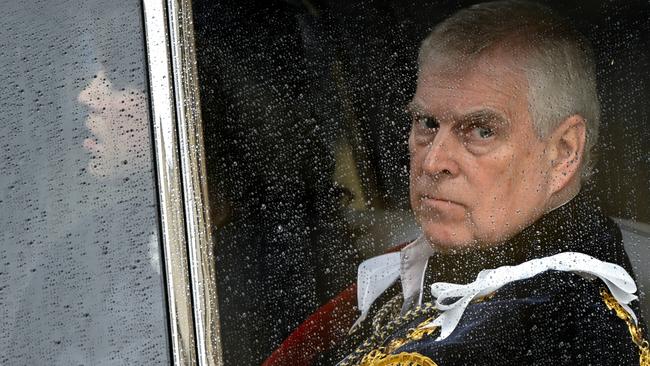
Even with her earnings, those maintenance costs, believed to run into millions of pounds, will be a challenge for Andrew to cover. Since his removal from frontline royal duties in 2019, the prince’s only official income is his pounds 20,000-a-year navy pension. According to Hardman, Andrew - whose sorry, “almost incoherent” state shocked palace officials - nevertheless managed to find a million pounds to avoid eviction from the property to the Crown Estate. Where did the money come from?
Was he left money from his mother, the late Queen, or for that matter, from his father, Prince Philip? Given the convention that royal wills remain secret, we’re unlikely to ever find out.
The King, according to Hardman, would like Andrew to downsize to Frogmore Cottage, the five-bedroom home in which the Duchess of Sussex, installed a yoga studio before she and Prince Harry moved to Montecito in 2020.
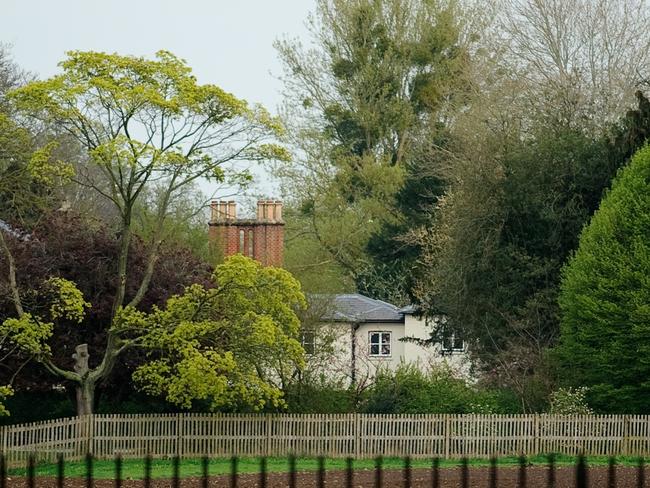
“Charles realised that Andrew’s association with Epstein made him a loose cannon,” says Stephen Bates, a former royal correspondent and author of The Shortest History of the Crown. “The allegations about his behaviour were never successfully quelled and made him damaged goods.”
The two brothers were always different. “Young to think so much,” was Winston Churchill’s judgment on the two-year-old Charles, in a letter to Queen Elizabeth. The Queen gave up most of Charles’s upbringing to staff - or a collection of what Prince Philip called “nannies, nurses and poofs” – as she crisscrossed the world in the 1950s stitching Britain’s wizened imperial holdings into a fresh new Commonwealth.
Charles was a sickly child, suffering from influenza and tonsillitis. When the 13-year-old left Cheam for Philip’s old school Gordonstoun in 1962, his difficulties deepened. The other boys beat Charles with their slippers. “It’s such hell here, especially at night,” he wrote in a letter home. He wanted to return home to Andrew, whom he doted on.
The Queen, securely ensconced in her royal role by 1960, had more time to spend with Andrew than she ever had with Charles. Right after Andrew’s birth, she sent a note to her cousin Lady Mary Whitley. “The baby is adorable,” she wrote. “All in all, he’s going to be terribly spoilt by all of us, I’m sure.”
And he was. The younger prince was the softest of the Queen’s soft spots, even more indulged than her corgis. A framed photograph of Andrew had pride of place on her desk in Buckingham Palace for decades. Philip admired the hearty, robust boy Andrew became. He called his son a “natural boss”, and packed him off to Gordonstoun too, where Andrew was known as “the sniggerer” for his habit of laughing at his own jokes.
“Andrew is more like his father,” says Bedell Smith, “although less intelligent.” Meanwhile the “sensitive and intellectual” Charles bore little emotional resemblance to his father, other than his habit of pacing around with both hands clasped behind his back.
The two princes’ different experiences in the Royal Navy tell their own story. During a dutiful five years in the Navy, Charles once returned from a six-month stint at sea to find that none of the Windsors was prepared to meet him when his ship docked. “That was an instance of how precarious his emotional support was,” Charles’s friend, Lucia Santa Cruz, told Catherine Mayer, a royal biographer.
While Charles was in the Navy he longed, as he put it in a letter, for an operation where “perhaps a medal could be won”. Unassailed by the responsibilities of being heir, Andrew had that opportunity instead, serving on the front lines of the Falklands War.
Andrew also turned into a society Romeo, described by People magazine as one of the sexiest men alive. Women fainted at his public appearances. The visit of a 16-year-old Andrew to the Montreal Olympics provoked a local paper into calling him “six feet of sex appeal”.
Charles thought Andrew looked like Robert Redford. The Prince of Wales, on the other hand, was told by his mentor Lord Mountbatten: “You can’t possibly be king with ears like that.”
Charles and Andrew, who became a British trade envoy after he left the Navy in 2001, have generally had quite separate lives. Until now, there has never been a public falling-out like William and Harry. Instead the brothers have lived mostly in parallel, often communicating through private secretaries and seeing each other at formal occasions. “The structural nature of the royal family means that they have historically operated in silos,” says Bedell Smith.
They also ended up as radically different men. Charles painted watercolours and communed with Mozart, Haydn and Schubert. Andrew, the “playboy prince” communed with actresses and models in Thailand and LA.
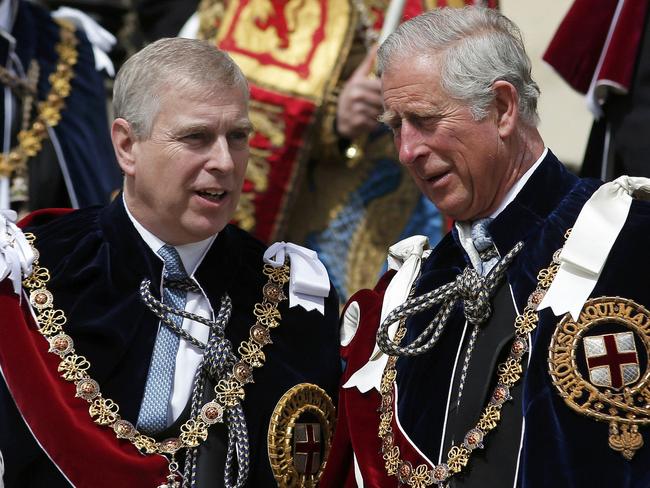
Where Charles was monkish and sensitive, Andrew was boorish and stubborn. Charles was Hamlet; Andrew was Austin Powers. Charles fretted about the future of humanity in an era of ecological devastation; Andrew was once criticised by the National Audit Office for dragooning a government helicopter into a 50-mile journey for a lunch with Arab dignitaries.
Their thoughts about life beyond their royal bubble appear to diverge. “I try to put myself in other people’s position and because I drive about the country endlessly I’ve often thought about the lives of people in places I pass, the streets,” Charles told Mayer for her 2015 biography The Heart of a King. When Andrew was interviewed by Mayer in 2006, he told her: “People say to me, ‘Would you like to swap your life with me for 24 hours? Your life must be very strange.’ But of course I have not experienced any other life. It’s not strange to me.”
And yet until the Epstein scandal, the brothers’ public interests never really clashed. Epstein’s imprisonment for sex trafficking and then death in 2019 put renewed pressure on Andrew, who faced allegations, which he has always denied, that he had sex three times with Virginia Giuffre, one of the girls trafficked by Epstein. A disastrous Newsnight interview with Emily Maitlis followed and in 2022 Andrew, with help from his mother, paid a multimillion-pound settlement to Giuffre to end the sexual assault case, which was due to be heard in an American civil court.
Throughout his travails, Queen Elizabeth remained by her son’s side, riding horses and attending church with him. “She always believed in Christian forgiveness”, says Bedell Smith, suggesting that there could be a “rapprochement” between the brothers. If Andrew attends the Windsor gathering for the Christmas Day service at St Mary Magdalene Church, Sandringham, it will mean that he has not been completely frozen out by Charles. But the rapprochement may never come. “Charles has a clear sense of the damage Andrew has done to the institution of monarchy,” Bates says.
Even before his public disgrace, Prince Andrew, Sarah Ferguson, and their daughters Eugenie and Beatrice had slowly been stripped of their privileges. The Royal Lodge is just the latest.
It could be worse though. When the Duke of Gloucester lost his royal standing, the insult was delivered as a grisly death on Bosworth Field.
The Sunday Times


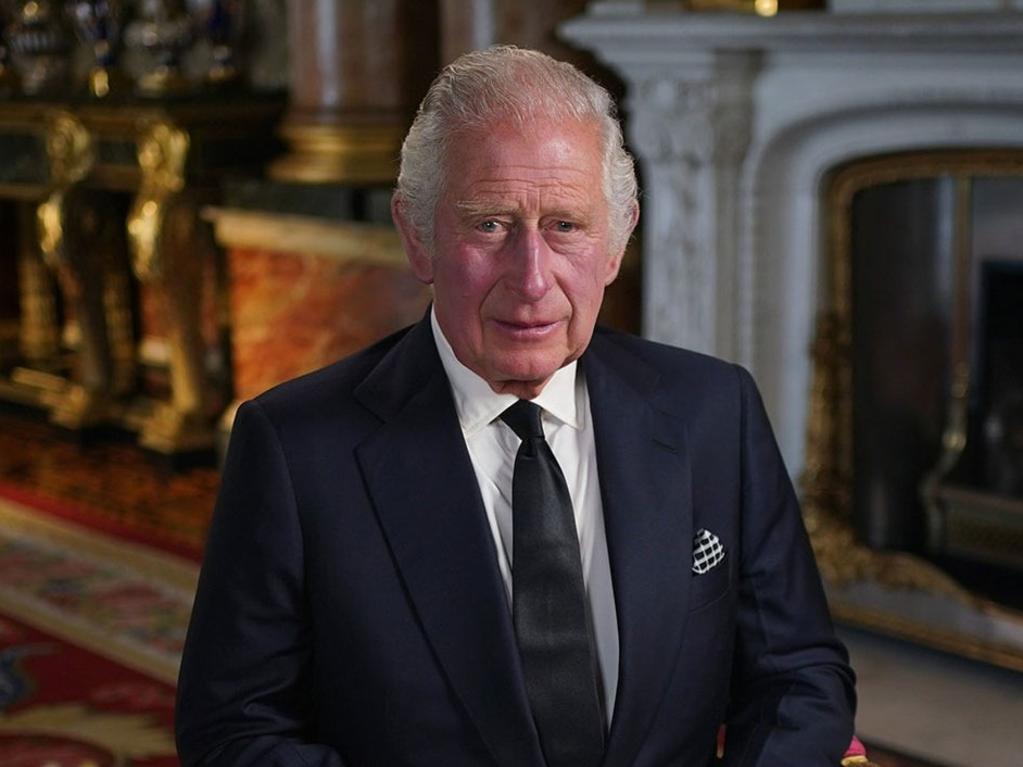

To join the conversation, please log in. Don't have an account? Register
Join the conversation, you are commenting as Logout